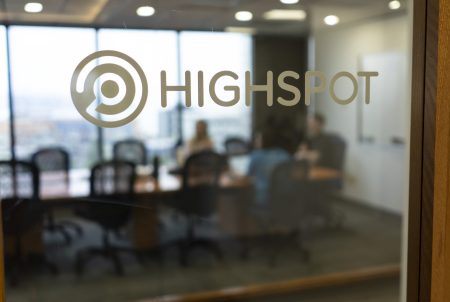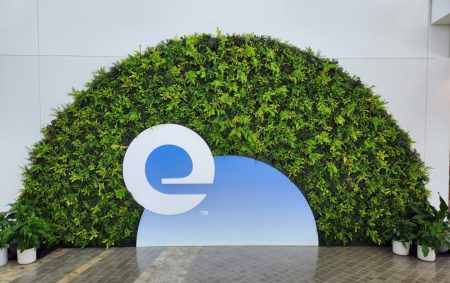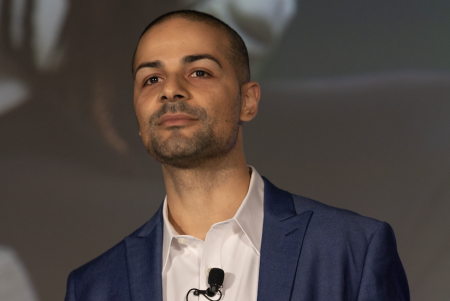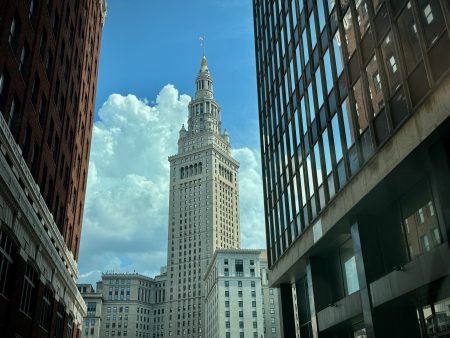REC Silicon’s Closure in Moses Lake: A Setback for Battery Material Production and a Shift in Strategies
REC Silicon, a key supplier of silane gas crucial for advanced battery production, has announced the cessation of its Moses Lake, Washington plant operations, impacting 224 workers. This decision, while seemingly a setback for the burgeoning battery industry in the region, is rooted in the complex interplay of market dynamics, production challenges, and strategic partnerships. The closure, however, doesn’t entirely shut the door on future possibilities, leaving room for a potential restart that could reshape the landscape of silane supply for next-generation battery technologies.
The Moses Lake facility, once poised to be a linchpin in the supply chain for companies like Group14 Technologies, Sila, and OneD Battery Sciences – all setting up shop in Eastern Washington – has faced significant hurdles. These hurdles stem primarily from a 2022 agreement with Hanwha Solutions, a South Korean solar panel manufacturer. Hanwha became REC Silicon’s largest shareholder and secured a majority stake in the polysilicon output from Moses Lake, leaving limited silane gas for battery material producers. This deal, while beneficial for Hanwha’s solar panel production, created a bottleneck in the silane supply, impacting the growth plans of battery companies reliant on REC Silicon’s output.
REC Silicon’s challenges aren’t new. The Moses Lake plant had previously been idled in 2019 due to Chinese tariffs, only to be revived with the intention of supplying silane to Group14. The recent closure, however, is attributed to the company’s inability to meet Hanwha’s purity requirements for polysilicon. This failure to deliver the required quality of polysilicon further complicates the situation, suggesting deeper technical or operational challenges at the Moses Lake facility. While the equipment for silane gas production remains in a recoverable state, the future of the plant hinges on a multitude of factors, including market demand, strategic partnerships, and potential technological advancements.
The impact of REC Silicon’s closure is most acutely felt by companies like Group14, which had banked on the Moses Lake plant for its silane supply. Group14, a leading silicon-carbon anode material manufacturer, is currently constructing its BAM-2 factory in Moses Lake and preparing to launch production in the coming months. While the company has secured a short-term silane supply from REC Silicon’s Montana plant, this source alone is insufficient for its long-term needs. The Montana facility, while still producing silane, ceased polysilicon production in February 2024. This underlines the scarcity of domestic silane production and the vulnerability of companies like Group14 to supply chain disruptions.
In response to the uncertain future of REC Silicon’s Moses Lake plant, Group14 has taken proactive steps to secure its own silane supply. A $200 million grant from the Department of Energy is fueling the construction of a dedicated silane plant alongside its BAM-2 factory. This strategic move, while requiring a three-year construction timeline, ensures that Group14 will eventually have control over its critical material supply. This proactive approach mitigates the risks associated with relying on external suppliers and positions Group14 for sustained growth in the rapidly expanding battery market.
The situation with REC Silicon highlights the complex dynamics within the developing battery materials industry. The interdependence of companies, the strategic importance of raw materials like silane gas, and the need for secure supply chains are all brought into sharp focus. Group14’s decision to build its own silane plant underscores the growing importance of vertical integration in ensuring a stable supply of critical materials. While REC Silicon’s Moses Lake facility remains a potential future source of silane, the current uncertainty compels companies like Group14 to pursue self-reliance and secure their long-term success.
The future of REC Silicon’s Moses Lake plant remains uncertain. The company has kept the possibility of a restart alive, but the conditions under which this might happen are unclear. Several factors could influence the decision, including a shift in market dynamics, new technological advancements that address the polysilicon purity issues, or the emergence of new strategic partnerships. While the current closure presents challenges for battery material companies, it also underscores the dynamic nature of the industry and the importance of adaptability and strategic foresight in navigating the complexities of the evolving energy landscape.














